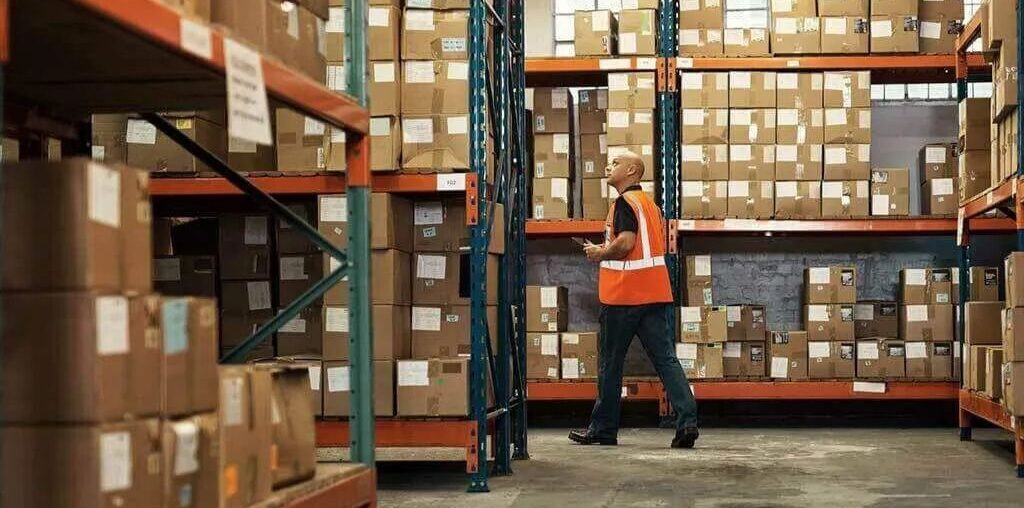Wholesale distributors are very vital in the supply chain in today’s fast-paced corporate environment since they help to close the distance between producers and stores. They give companies mass goods at reasonable rates, which helps stores to effectively fill their shelves. Knowing the advantages, role, and best practices of wholesale Distributors can enable companies to simplify their supply chains and make wise decisions.
What is a Wholesale Distributor?
A wholesale distributor is an intermediary that purchases goods in large quantities from manufacturers and sells them to retailers, businesses, or other distributors. Unlike retailers, wholesalers do not sell directly to end consumers but focus on bulk transactions that support businesses in various industries, including fashion, electronics, food, and industrial goods.
The Role of Wholesale Distributors in the Supply Chain
Wholesale distributors play a vital role in the distribution of goods by:
- Reducing Manufacturer Burden: By purchasing goods in bulk, wholesalers allow manufacturers to focus on production instead of managing numerous small orders.
- Enhancing Retail Efficiency: Retailers can access a wide range of products from a single distributor rather than dealing with multiple manufacturers.
- Price Stability: Bulk purchasing often leads to lower prices, which helps maintain price consistency in the market.
- Logistics and Storage Management: Many wholesalers provide storage and shipping solutions, reducing overhead costs for retailers.
Key Benefits of Working with Wholesale Distributors
1. Cost Savings
Buying in bulk allows businesses to secure products at lower per-unit costs, leading to higher profit margins.
2. Diverse Product Range
Wholesale distributors often carry a variety of products, enabling businesses to source multiple items from one supplier.
3. Streamlined Supply Chain
Distributors help businesses maintain a steady inventory flow, reducing the risk of stockouts or overstocking.
4. Access to Exclusive Products
Some distributors have exclusive agreements with manufacturers, giving businesses access to unique or high-demand items.
5. Scalability
Wholesale partnerships allow businesses to scale operations easily by adjusting order quantities based on demand.
Types of Wholesale Distributors
1. General Wholesalers
These Wholesale Distributors carry a wide range of products across multiple industries, catering to businesses of all sizes.
2. Specialty Wholesalers
Focused on niche markets, specialty wholesalers supply specific products such as medical supplies, automotive parts, or fashion apparel.
3. Cash and Carry Wholesalers
Retailers visit physical warehouses to purchase bulk products and transport them themselves.
4. Online Wholesale Distributors
E-commerce-based wholesalers operate digital platforms, making bulk purchasing convenient for businesses worldwide.
How to Choose the Right Wholesale Distributor
1. Verify Reputation and Reliability
Check customer reviews, industry ratings, and business history to ensure you partner with a reputable distributor.
2. Assess Pricing and Discounts
Compare bulk pricing, discounts, and payment terms to find the most cost-effective option for your business.
3. Evaluate Product Quality
Request samples or conduct quality checks to ensure the distributor provides high-quality products.
4. Check Shipping and Delivery Terms
Reliable shipping and flexible delivery options are essential for maintaining a smooth supply chain.
5. Ensure Compliance and Certifications
Verify that the distributor meets industry regulations, safety standards, and legal requirements.
Best Practices for Working with Wholesale Distributors
1. Build Strong Relationships
Maintaining good communication and trust with Wholesale Distributor Football can lead to better deals and priority service.
2. Negotiate Better Terms
Leverage bulk orders to negotiate better pricing, extended payment terms, or exclusive deals.
3. Monitor Market Trends
Stay updated on industry trends to adjust orders and avoid obsolete inventory.
4. Diversify Suppliers
Avoid dependence on a single distributor by working with multiple suppliers to mitigate risks.
5. Utilize Technology
Use digital tools and wholesale platforms to streamline ordering, inventory management, and communication.
Future Trends in Wholesale Distribution
1. E-Commerce Growth
More businesses are shifting to online wholesale platforms for convenience and broader market access.
2. Sustainability Initiatives
Eco-friendly practices, such as reduced packaging and sustainable sourcing, are becoming standard.
3. Automation and AI
Technology-driven solutions, such as automated inventory tracking and AI-powered demand forecasting, are improving efficiency.
4. Direct-to-Consumer Models
Some manufacturers are bypassing distributors, impacting traditional wholesale distribution channels.
5. Global Expansion
Cross-border wholesale trade is increasing, allowing businesses to source products from international markets.
Conclusion
Wholesale distributors are an essential part of the global economy, providing businesses with cost-effective and efficient supply chain solutions. By choosing the right Helix 2052 Wholesale Distributors Usa, leveraging technology, and staying ahead of industry trends, businesses can maximize profitability and ensure a steady flow of high-quality products. Whether you are a retailer, manufacturer, or startup, understanding the wholesale distribution landscape can help you scale your operations and achieve long-term success.
